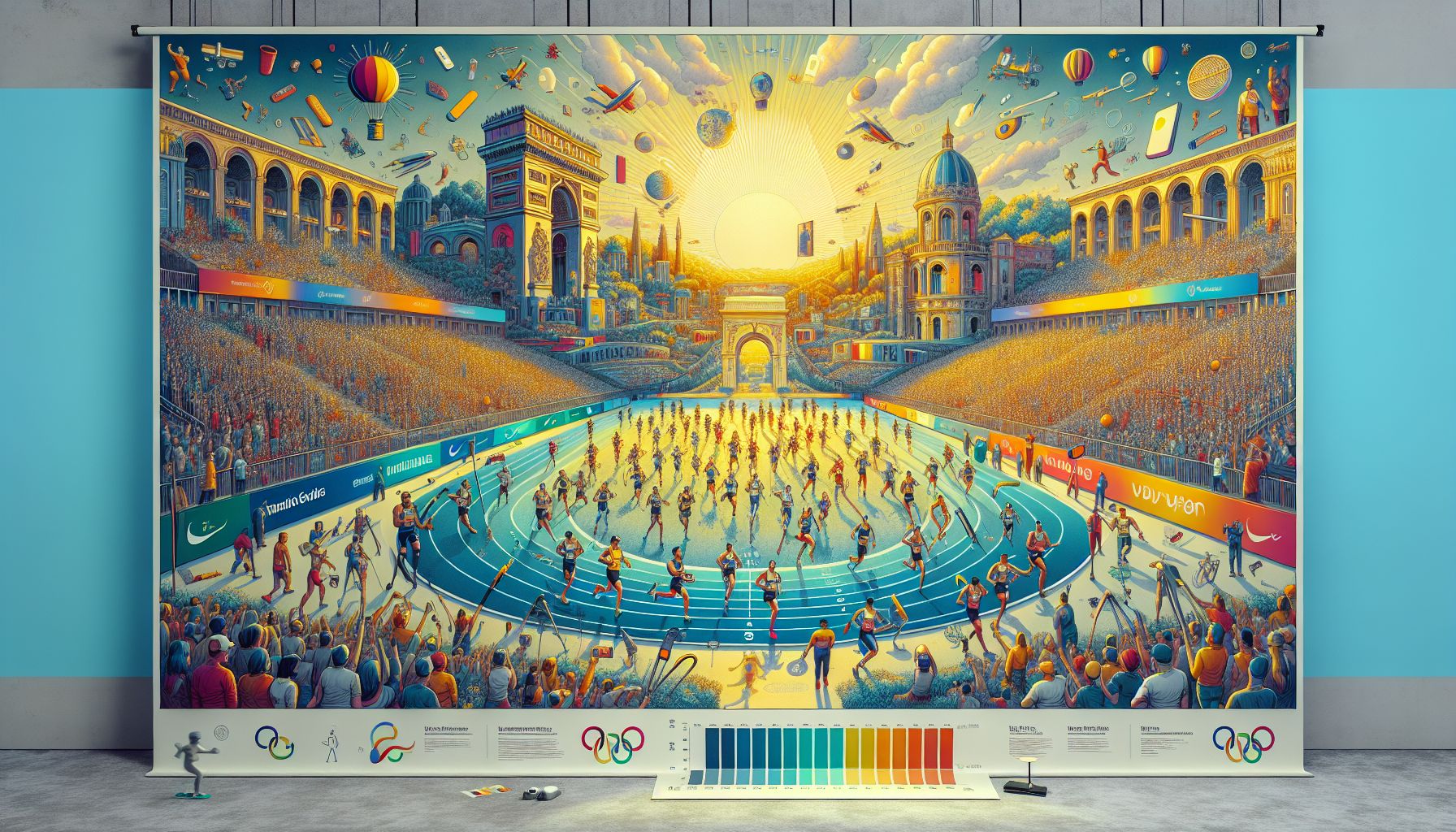Paralympic Innovation: Assistive Tech Propels Athletes to New Heights

Paris, Tuesday, 3 September 2024.
The Paris 2024 Paralympic Games showcase groundbreaking assistive technologies, from carbon fiber running blades to AI-enabled apps. These innovations not only shatter records but also highlight the urgent need for global access to life-changing devices, with only 3% of people in some low-income countries currently having access.
Transforming Athletic Performance
The Paris 2024 Paralympic Games, running from August 28 to September 9, have become a beacon of innovation, particularly in the realm of assistive technology. Athletes are utilizing state-of-the-art prosthetics, sport-specific wheelchairs, and AI-driven applications to push the boundaries of human capability. These technological advancements are not just about enhancing performance; they are redefining what is possible for athletes with disabilities. The campaign ‘Equipped for Equity’, launched by the World Health Organization (WHO) and the International Paralympic Committee (IPC), underscores this transformative potential, advocating for universal access to assistive products.
Showcasing Cutting-Edge Technologies
Among the notable innovations are carbon fiber running blades, which are now the preferred choice for amputee athletes. These blades are lightweight yet incredibly strong, enabling faster and more efficient movement on the track. Similarly, advanced sport-specific wheelchairs made from materials such as aluminum offer enhanced impact resistance and agility, crucial for sports like basketball, fencing, and rugby. The IPC President Andrew Parsons has highlighted how these technologies allow athletes to ‘redefine what is possible in sports and inspire millions around the world.’
AI-Driven Assistive Devices
AI-enabled applications are also making a significant impact. For instance, the Envision App, developed by a company based in the Netherlands, assists visually impaired users by using a smartphone’s camera to speak out written information and describe scenes. This app supports over 60 languages, making it a versatile tool for athletes from diverse backgrounds. Another innovative product is the Xander Glasses, created by an American company. These smart glasses translate speech to text in real-time, aiding individuals with hearing difficulties to better understand their surroundings.
Global Disparities in Access
Despite these advancements, access to assistive technology remains highly uneven. According to WHO, only 3% of people with disabilities in some low-income countries have access to the assistive devices they need. This stark disparity not only affects the quality of life but also limits the potential of athletes from these regions. The ‘Equipped for Equity’ campaign aims to address these inequities by urging governments to remove barriers such as high taxes on assistive products and integrate access into Universal Health Coverage.
The Road Ahead
Looking forward, the commitment of the Paris 2024 Paralympic Games to build a legacy beyond the event is crucial. Investments in training, funding, and sports infrastructure must complement advanced assistive products for effective competition. The campaign’s daily posts during the Games will continue to showcase the role of assistive technology, share personal stories from athletes, and highlight policy advancements. The ultimate goal is to ensure that everyone, regardless of their location, has access to the assistive technology they need to live full and independent lives.

